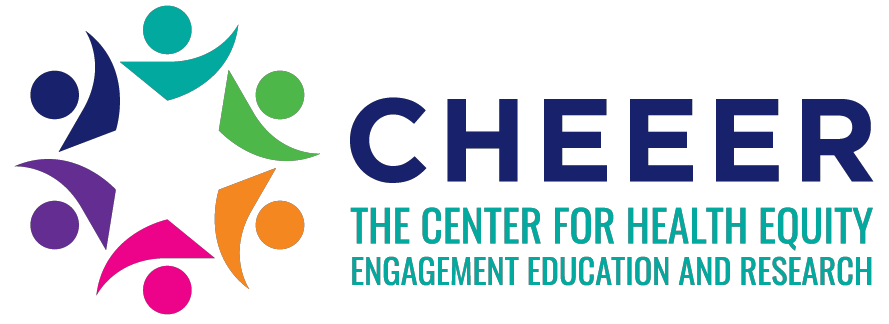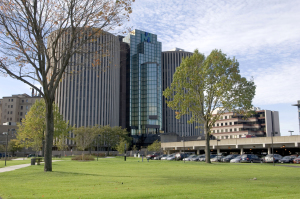By Morgan Whaley, Research Assistant, Center for Health Equity Engagement Education and Research
Around this time a year ago, I checked the John Hopkins COVID-19 tracker daily. Every day I saw the global and domestic cases/deaths rise higher and higher. Fast-forward to today, I’ve been checking the vaccine tracker function of the website. It’s exciting to see more and more people get vaccinated daily. Outside of the tracker, I see friends and family enthusiastically sharing the news of their vaccination on social media. But I also see people constructing, liking, and sharing posts about how “dangerous” or “malicious” the vaccine is. Misinformation about the vaccine is spreading at a rampant rate. (John Hopkins Vaccine Tracker)

NPR dives into this issue in a recent article about vaccine misinformation. In an analysis conducted by their staff, it was found that the most engaging articles about the COVID-19 vaccine have been about connections between the vaccine and death. But since vaccine rollout started in December 2020, the CDC has received no evidence linking vaccines to any deaths. As NPR points out in the article, of the 85 million people who had been vaccinated at the time, only 0.0018% died after receiving it (note this does NOT mean the vaccine caused their death, just that they died “sometime after” receiving it). Yet despite statistical facts and evidence that the vaccine does not cause death, articles insinuating or claiming links between the two go viral online and on social media. And multiple news outlets continue to write articles about the same very small number of deaths. While these headlines and articles are true, meaning an individual did die two weeks after receiving the vaccine, the articles are misleading. The NPR article describes this as “lying through truth”. Just because two things happen at the same time or close in time, does not mean one caused the other, in other words as the phrase goes “correlation does not imply causation”.
The articles and posts linking the COVID-19 vaccine and death have harmful implications. They construct a false reality and narrative that makes it difficult for people to appropriately assess the true risk of receiving the vaccination. Instead of relying on statistical evidence, some people are using emotional and detailed but also rare and incomplete anecdotes about the COVID-19 vaccine to make decisions on whether to get the vaccination.
We are at a very critical point in fighting COVID-19. Even though more and more people get vaccinated every day, states continue to open back up and COVID-19 cases are starting to rise. It is important to vaccinate as many people as possible. Anecdotes are important and have merit, but they should not weigh over statistical evidence. Individuals thinking about receiving the vaccine should talk to their doctor and seek out credible resources, like the CDC, that inform them of their decision. It is important to use credible and reliable information to make an informed judgment of risk so that you feel comfortable with your decision and understand the impact your vaccine decision has on you and others around you. You must ask yourself, what is a greater risk? The proven and lived reality that COVID-19 has deadly and long-lasting health implications? Or the untrue and unsupported claims linking the vaccine to death?

